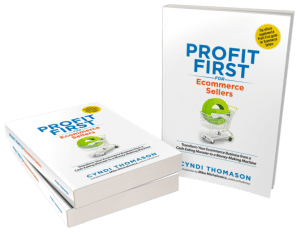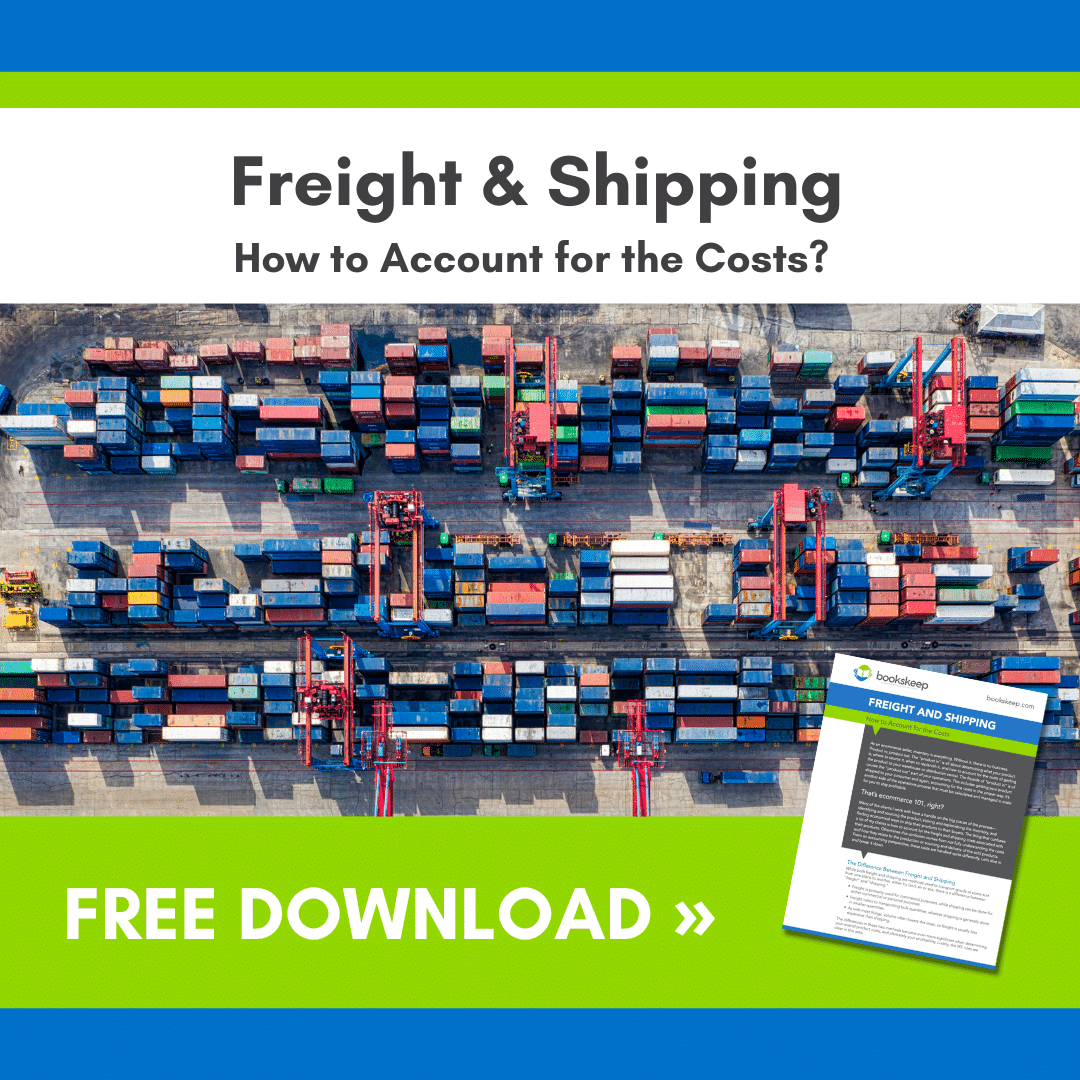
The 3rd blog in our 4-blog series on banking services is provided by Relay Bank. In it, they debunk 4 common misconceptions about business banking, and share how Relay can help ecommerce businesses break free of them.
Guest blog by Matas Pranckevicius, Relay
Your bank is the financial nerve center of your business—especially if you’re in ecommerce. It’s the ultimate source of truth when it comes to accounting work, a secure place to store your funds, and it’s accessed daily to process payments and keep your business running.
But how well do you understand the landscape of business banking?
Most of us have one or more misconceptions about how business banking works. These misconceptions are a result of legacy systems. We’ve become so used to our banks functioning in a certain way, it’s almost impossible to imagine other possibilities.
But today, we’re going to tackle some of the biggest banking misconceptions—especially those that may be holding back your business. We’ll also walk you through how letting go of those myths can make you a lot more efficient (and more competitive) in the process.
Let’s dive in!
Misconception #1: All banks are basically the same
As a reader of the bookskeep blog, you’re probably savvy enough to know that there’s more to choose from than just the big banks. But you may still be under the impression that, for the most part, business banks are all created equal. You might think they get you a basic checking account, cards, maybe a loan—and that’s it. But this couldn’t be further from the truth. There are at least two different types of business bank accounts, and each one serves a distinct purpose.
First, you have the traditional business account. It lets you deposit your money, potentially generate some interest, and conduct basic transactions.
But there’s also another category of business banking, known as the “operating account.” These types of accounts are focused on providing you with a granular level of control and much more visibility into your business. Operating accounts are digital, have advanced integrations and functionality, and are built to help you manage your day-to-day finances. Relay is one example of such an account. Here’s how the two compare:
Operating bank accounts
- Typically online, no physical locations
- Opening an account is very fast compared to traditional banks
- More functionality (multiple checking accounts, cards); few or no fees
- Features focus on streamlining financial management
- Allows accountants and team to securely access banking
- Customer service is over the phone or email
Traditional bank accounts
- Physical branches and face-to-face customer service
- Access to yield-bearing savings accounts
- Financing with low-interest rates
- Typically comes with fees
- Good for businesses that often deposit cash
If you run an ecommerce business, chances are that you need both types of accounts. A traditional bank account that bears savings, and an operating account that lets you streamline your day-to-day finances. Which leads us to the next misconception.
Misconception #2: You can’t have more than one checking account (without extra fees)
One of the great things about operating accounts is that they are built with flexibility and cash flow management in mind. As a result, unlike traditional business bank accounts, operating banks usually let you open multiple checking accounts. For free. There are a few ways to have multiple accounts—either as distinct accounts or as “envelopes.”
Distinct checking accounts vs. envelopes
Some banks offer “envelopes” for multiple accounts. This means that all of the funds still live in just a single account but get divided into subaccounts. While the funds are separated out visually, the money does not actually get sent to a different account. You end up having to do more administrative work this way. If you want to transfer money from one envelope to another, you first need to send it back to the general pool, then make the transfer from there.
For contrast, banks like Relay let you open up to 20 real checking accounts, each with its own account and transit number. This means you can make instant transfers between those accounts, allocate a percentage of funds, and nickname each account whatever you like.
If you are trying to manage your cash flow inside your bank, you can create 5 (or more) accounts to do this, and manage everything from a single login:
- Income
- Profit
- Owner’s Comp
- Tax
- Operating Account
Relay also lets you make percentage-based transfers between each account, all completely for free.
Misconception #3: Banks will always have hidden fees or minimums
While every business owner has had to deal with unexpected banking fees, what’s worse is that we’ve come to accept these fees as simply a part of the status quo. But really, fees no longer have to be a part of the picture.
As operating accounts offer advanced functionality like accounts payable automation for a fee, they give away all the core banking functionality for free, only charging for advanced features. For example, Relay offers business banking with no account fees, no minimum balance requirements, and no sign-up fees. You get 20 checking accounts, 50 virtual or physical debit cards, and all the core payment processing functionality (ACH, wires, checks) at no cost.
You can also choose to upgrade to a more advanced account that will automate your accounts payable process, but this is completely optional.
Misconception #4: You need to visit a branch in-person to get good customer service
One of the most harmful and persistent misconceptions about business banking is the idea that you need to visit a branch to get good customer service. The truth is that traditional business banks lack the infrastructure to support their clients remotely, so they expect you to visit a branch.
Digital banks like Relay, however, offer “SaaS-style” customer service. This means that customer service is done through email or through phone and happens much faster than with an average financial institution. What’s more, banking with an operating account like Relay actually results in you having to reach out to customer service less often. This is because Relay is designed to give you more control than a traditional bank, and it offers an online portal that is easy to navigate.
Ready to bust banking myths? Try Relay!
Relay is an operating account designed to make your business more successful. It helps increase your cash flow visibility, gives you more control over your day-to-day finance, and supports the different ways you may want to manage your cash flow. Relay offers you all the essentials that you need in a business account:
- Open up to 20 free checking accounts in minutes
- Issue up to 50 virtual or physical debit cards
- Make payments by ACH, wire, or check
- Get rich transaction data you can understand
- Get meticulous integrations into Xero and QuickBooks Online
- Securely collaborate with your team and your bookkeeper
You can get started with Relay for free here.
Interested in Profit First?

You can also sign up for the Profit First for Ecommerce Sellers Online Course. As a Mastery Level, Certified Profit First Professional, I will teach you why Profit First works so well for ecommerce businesses and the particular challenges for businesses that have physical products requiring inventory management. You will learn how your behavior drives your money management habits for your business and how you can set up your business bank accounts to work with your habits.
Check out all our ecommerce accounting and profit advising services here!




Relay’s insightful blog effectively dismantles misconceptions about business banking. Clear, concise, and informative content that empowers readers with accurate knowledge for smarter financial decisions. Well done!”
It’s a valuable resource that empowers entrepreneurs with accurate knowledge for financial success. Well-researched and enlightening!